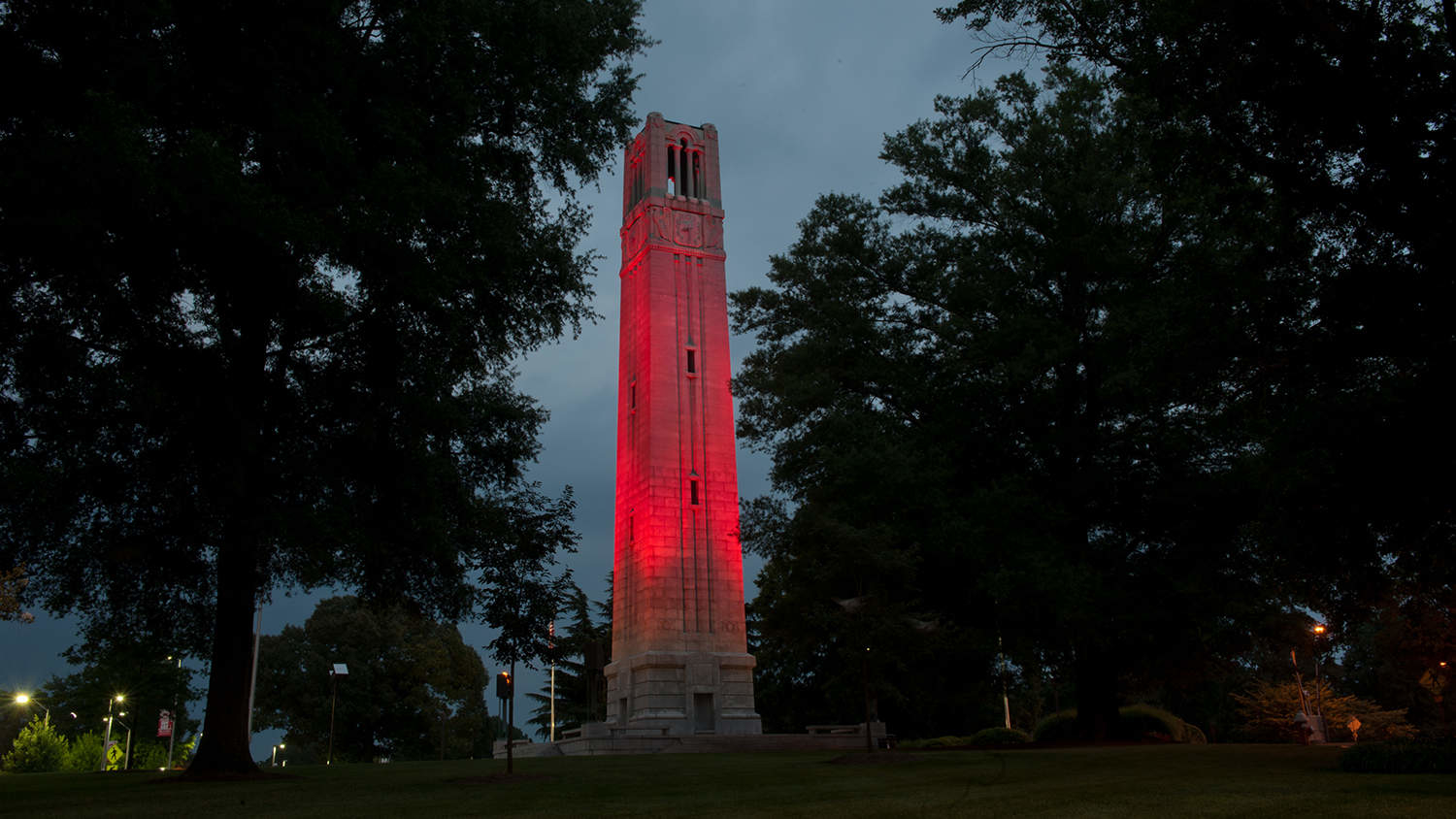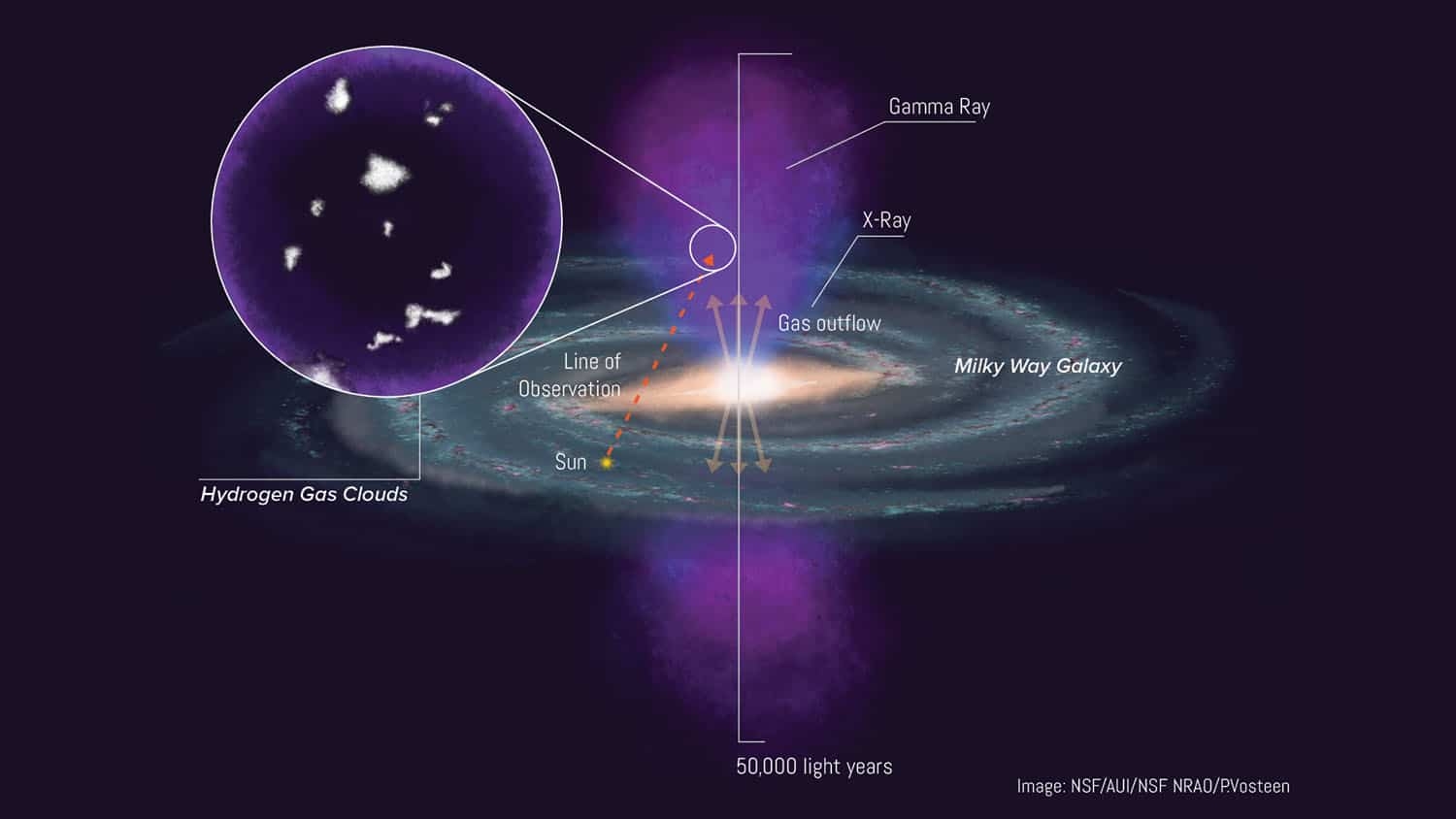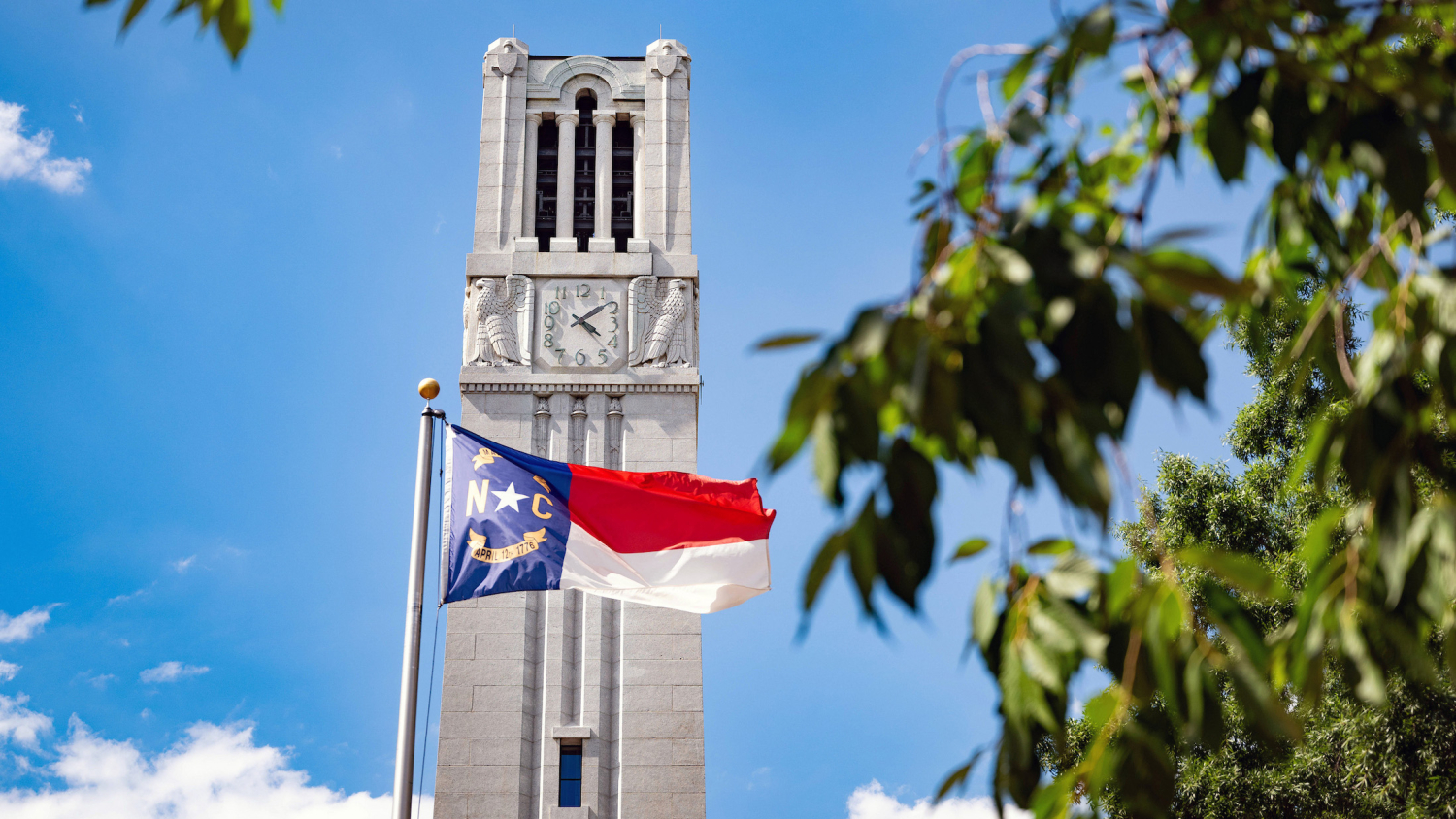College Honors 2017-18 Teaching Award Nominees

More than a dozen professors from the College of Sciences have been nominated for 2017-18 teaching awards from the college and university.
“We have a college full of excellent teachers,” said Adam Hartstone-Rose, the college’s associate dean for academic affairs. “We’re excited to be able to honor some of them and celebrate the impact they have had on the lives of students.”
Selected nominees for the Alumni Distinguished Undergraduate Professor Award, Outstanding Teacher Award and Board of Governors Award for Excellence in Teaching advance for consideration at the university level. Awardees will be announced in the spring.
Read these excerpts from their nominations to learn more about each of these outstanding teachers.
UNC System Board of Governors Award for Excellence in Teaching
John Godwin (Biological Sciences) has committed himself to the intellectual development of NC State students for more than 20 years, often engaging them in the scholarly life of the university through research. With contributions to students that extend beyond the classroom to his role as a mentor and his involvement in curricular development, he has served as an exemplary role model for young faculty.
NC State Alumni Distinguished Undergraduate Professor Award
Jennifer Campbell (Biological Sciences) has developed a suite of interesting, creative and relevant animal-focused courses, described by one student as “the classes that I learned from the most.” As director of the Undergraduate Zoology Program, and as a Park Faculty Scholar, adviser, teacher and mentor for undergraduate research projects, she is known for her commitment to excellence in teaching and in shaping the entire undergraduate student experience.
Laura Clarke (Physics) has made significant improvements in the physics undergraduate program through the creation of an undergraduate research and teaching laboratory, lab exercises that instructors can borrow for their intermediate classes, and a new senior design capstone course targeting students planning on joining the workforce after graduation.
Reza Ghiladi (Chemistry) developed Science and Engineering sections of general chemistry courses as well as a special topics course, Bioinorganic Chemistry. Perhaps his greatest contribution has been his unwavering commitment to hosting and mentoring students involved in undergraduate research.
NC State Outstanding Teacher Award
Lorena Bociu (Mathematics) is known as an excellent professor with high standards for her students. She excels in mentoring, in particular focusing on retaining women in the field of mathematics, and is heavily involved in outreach, including organizing successful programs such as Math Doesn’t Bug Me at the N.C. Museum of Natural Sciences’ annual BugFest and Girls in Applied Math, Modeling, and Analysis, a program for young women from local high schools.
Kevin Gross (Statistics) is making significant contributions to the teaching mission of the university at the intersection of statistics and the biological sciences. He empowers students to use basic statistical principles creatively and intelligently to inform their own research and to build a foundation of statistical literacy that enables them to master specialized statistical methods specific to their own discipline.
Maria Gallardo-Williams (Chemistry) has an outstanding record of teaching organic chemistry, managing the organic chemistry laboratories and writing laboratory manuals. She has also developed a project in which students create media highlighting good laboratory techniques, safety practices and calculations; collaborated with a colleague on a graduate teaching training program; and worked with choreographers on “Dancing Chemical Reactions,” which was recently performed at an arts festival in Washington, D.C.
Keith Heyward (Physics) oversees the life-sciences introductory physics sequence while teaching hundreds of students per semester with patience, energy and initiative. Recently, he recorded more than 100 expository videos to allow classroom time to be used for demonstrations, examples and answering questions.
Marta Klesath (Biological Sciences) has worked tirelessly to bring life to the daunting first anatomy and physiology course taken by many of our students. She is an innovator in the use of technology in teaching, from the regular use of in-class response systems for formative assessments to the creation of virtual worlds and app-based interactive digital resources.
Alice Lee (Biological Sciences) has improved the student experience in a variety of courses, from general microbiology courses (online and on campus) to large-enrollment lab courses to smaller, research-based courses that tie into national research efforts. She is valued as a colleague and a mentor for the creative ways in which she has brought evidence-based teaching innovations to all of her course redesign efforts.
College of Sciences Elva and LeRoy Martin Teaching Effectiveness Award
Jonathan Duggins (Statistics) has advanced the teaching mission of the Department of Statistics and the College of Sciences with innovative improvements to the senior capstone course and to courses covering topics in statistical computing and data management. He has leveraged his experience as an industrial biostatistician to engage with students at the intersection of real-world applications and theory and has received several “Thank a Teacher” awards from students for his efforts.
Marta Klesath (Biological Sciences) has worked tirelessly to bring life to the daunting first anatomy and physiology course taken by many of our students. She is an innovator in the use of technology in teaching, from the regular use of in-class response systems for formative assessments to the creation of virtual worlds and app-based interactive digital resources.
Alice Lee (Biological Sciences) has improved the student experience in a variety of courses, from general microbiology courses (online and on campus) to large-enrollment lab courses to smaller, research-based courses that tie into national research efforts. She is valued as a colleague and a mentor for the creative ways in which she has brought evidence-based teaching innovations to all of her course redesign efforts.
Richard Longland (Physics) has directed the required and demanding senior undergraduate laboratory course in physics with distinction and energy. In addition to providing instruction in experimental techniques and data analysis and troubleshooting the sophisticated experiments, he has found ways to allow students more personal initiative and creativity in a less structured but still stimulating environment.
Ghada Rabah (Chemistry) has been recognized for her curriculum development work, particularly in the Analytical and Measurements Laboratories in the department. She also mentors students through an independent project phase, and the breadth of these student projects is impressive.
Jonathan Stallings (Statistics) has redesigned and modernized a course on the design of experiments, an area of expertise needed by students and academic and many private-sector researchers, helping more students pass key certification exams on their first attempt. He is also involved in the Department of Statistics consulting group, which assists many graduate students and faculty from across the campus with their ongoing research projects, and he both mentors and works to increase internship opportunities for undergraduate students.
This post was originally published in College of Sciences News.


